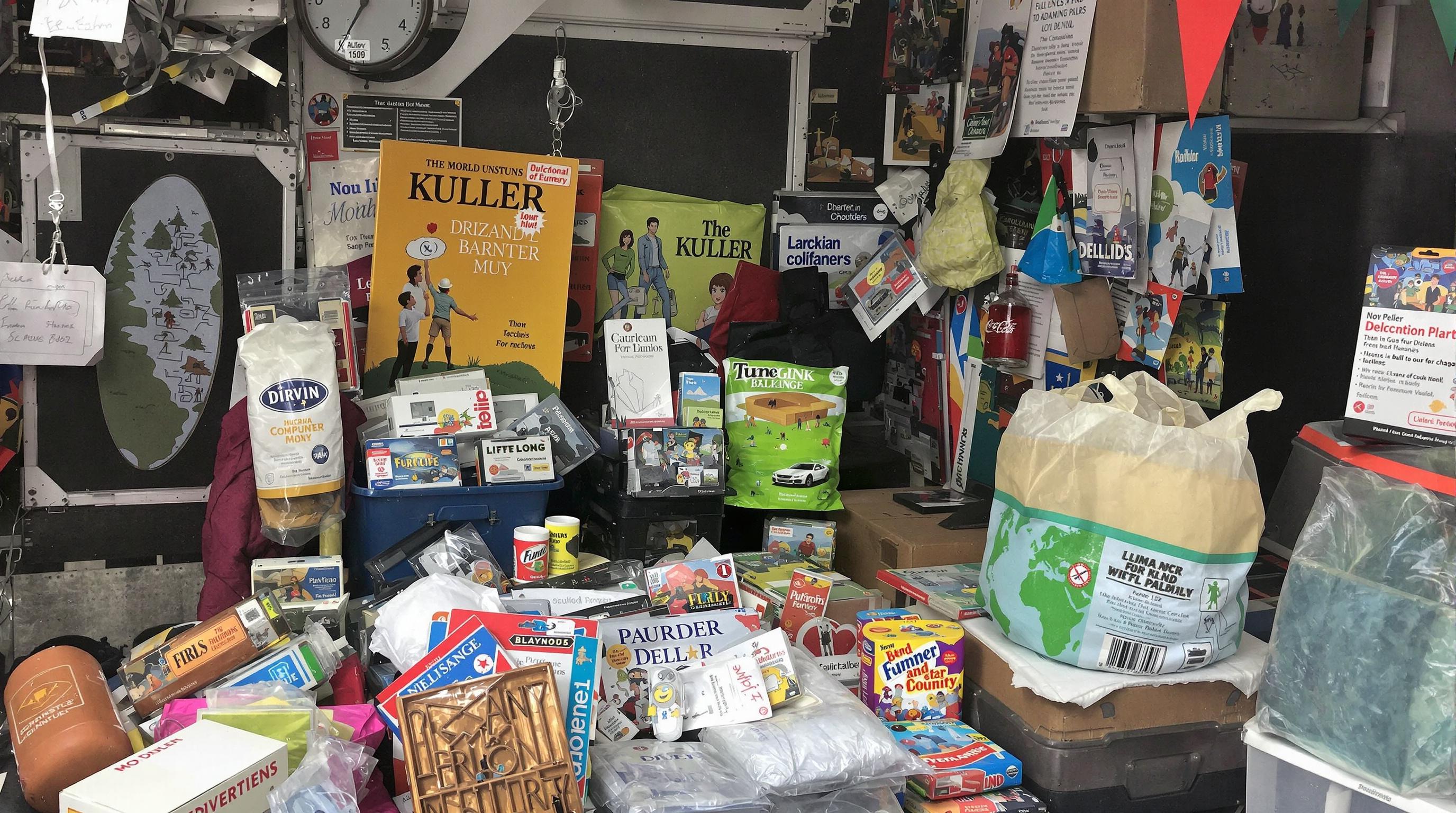Featured Articles
- Bizarre Barters and Unusual Exchanges: Tapping Into Forgotten Ways to Secure Affordable Journeys
- Secrets of Last-Minute Travel Deals: How to Score Unbelievable Discounts with Zero Planning
- The Rise of Wellness Travel: Uncovering Hidden Deals for Mindful Getaways
- The Secret World of Travel Deal Hacking: Unconventional Tricks to Save Big on Your Next Adventure
- Top 7 Latest Travel Booking Tools of 2024: In-Depth Comparison and Expert Reviews for Smart Savings
Bizarre Barters and Unusual Exchanges: Tapping Into Forgotten Ways to Secure Affordable Journeys
Bizarre Barters and Unusual Exchanges: Tapping Into Forgotten Ways to Secure Affordable Journeys
Across centuries and continents, bizarre barters and unusual exchanges have paved the way for affordable and unforgettable journeys. From trading a rare comic book in Brazil to exchanging web design skills in Cambodia, travelers have rediscovered forgotten methods to secure their adventures.
The Art of the Unlikely Trade: A Modern Traveler’s Tale
Last summer, 29-year-old graphic designer Max ventured to Southeast Asia with barely a dime but plenty of determination. Instead of traditional currency, he swapped his skills—redesigning a hostel’s website for a week’s free stay. Traveling through Cambodia, Max learned that the essence of bartering lies not just in what you offer but how creatively you can package your talents.
A Game of Give and Take in the Amazon Jungle
Imagine trekking through the Amazon, only to realize your emergency supplies are running low. Carlos, an adventurous 45-year-old from Spain, found himself in such a predicament. He exchanged a beloved vintage guitar, a sentimental yet rare item, with a local tribe’s shaman for essential provisions and safe passage. This extraordinary swap wasn’t just about survival—it was a cultural exchange that deepened his journey in ways money never could.
Statistics Speak: The Rise of Barter Tourism
According to a 2022 survey by the International Travel Exchange Organization, approximately 23% of budget travelers have engaged in some form of barter during their trips, a 12% increase over the previous five years. Notably, 17% of respondents reported trading skills or services, rather than goods, reflecting a shift toward more collaborative and sustainable travel experiences.
Preserving History Through Barter: The Story of an 18th-Century Innkeeper
In 1793, British innkeeper Mrs. Eliza Thompson famously allowed guests to stay in exchange for crafting handmade lace or teaching fiddle tunes. These transactions weren’t merely economic but social glue, knitting communities closer together. Through such exchanges, travelers weren’t just passing through—they were contributing to and becoming part of the local fabric.
Why Pay When You Can Exchange?
From a practical standpoint, bartering helps travelers stretch their budgets without forgoing authentic experiences. Take, for example, the traveler who trades cooking classes in Italy for a cozy room, or the photographer who offers free portraits in exchange for home-stays around Eastern Europe. This dynamic fosters genuine human connections and cultural immersion, benefits often unattainable through traditional tourism.
Finding the Unseen Currencies: What Can You Trade?
Bartering need not be confined to physical goods. Language lessons, storytelling, manual labor, artistic skills, and digital expertise have become popular “currencies” in the barter economy. Platforms like Couchsurfing, Workaway, and local barter markets facilitate such exchanges, creating vibrant ecosystems where travelers and hosts co-create value.
Laughter is Priceless: Humor in Bartering
Picture a traveler in Portugal trying to barter a comic book collection for a loaf of bread. The local vendor bursts into laughter, not because the offer is ludicrous, but because it sparks a playful dialogue—a reminder that bartering is as much about human connection as it is about trade. Such moments lend a whimsical charm to the adventure of travel.
Bartering as Sustainability
Beyond economics, bartering reduces reliance on cash and curtails consumerism, making travel more eco-friendly. By exchanging time, skills, or goods rather than purchasing everything outright, travelers minimize their carbon footprint and foster local economies. As a 60-year-old environmentalist noted, “Traveling sustainably means trading naturally.”
Case Study: The Italian Artist’s European Journey
Maria, a 34-year-old painter from Florence, swapped original artworks for accommodation throughout her month-long rail trip across Europe. Each town offered a unique exchange—one guesthouse requested a mural, another a series of sketches. Through bartering, Maria not only saved money but left behind a tangible legacy, weaving art into the hearts of each community she visited.
Tips for Successful Bartering on the Road
Negotiating exchanges requires sensitivity and respect. Research local customs to avoid misunderstandings; be clear and honest about what you can offer; and always approach bartering as a collaborative partnership rather than a mere transaction. Remember, the goal is mutual enrichment.
The Digital Age and Barter’s Revival
Thanks to digital platforms, bartering has re-emerged as a viable and exciting option for modern travelers. Websites and apps connect users globally, enabling seamless skill or item exchanges. In 2023, the online barter community grew by 27%, proving that even in a cash-driven world, alternative economies thrive.
A Word of Caution: Avoiding Pitfalls
While bartering opens doors, it requires a careful balance of trust and practicality. Not every offer holds equal value; some exchanges may unintentionally exploit locals or create imbalances. Ethical bartering prioritizes fairness and cultural sensitivity, ensuring all parties benefit and feel respected.
The Charm of Forgotten Traditions
Bartering hearkens back to a time when human relationships defined commerce more than profit margins. Reviving these ancient customs enriches travel, making it less transactional and more transformational. As Jane Austen might have mused, it is in these interactions that the true adventure lies—in the stories shared and laughter exchanged.



